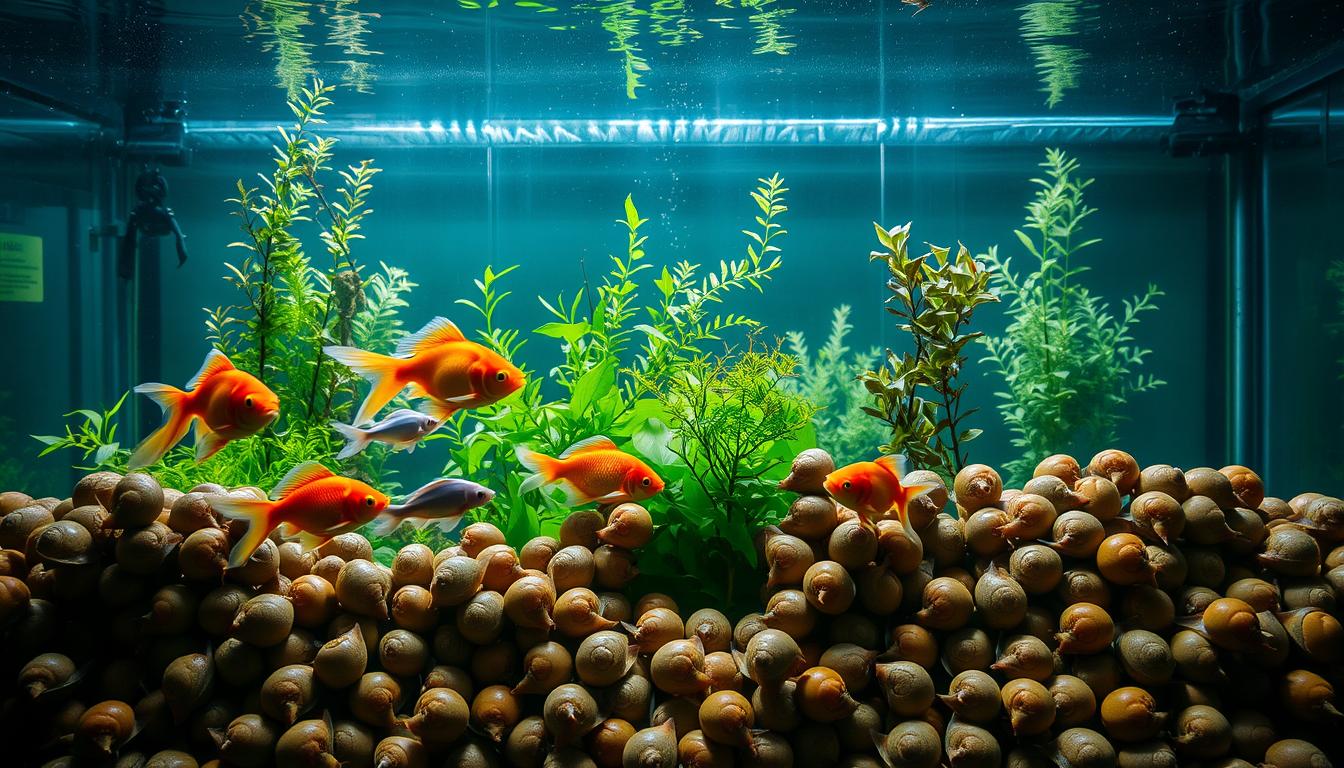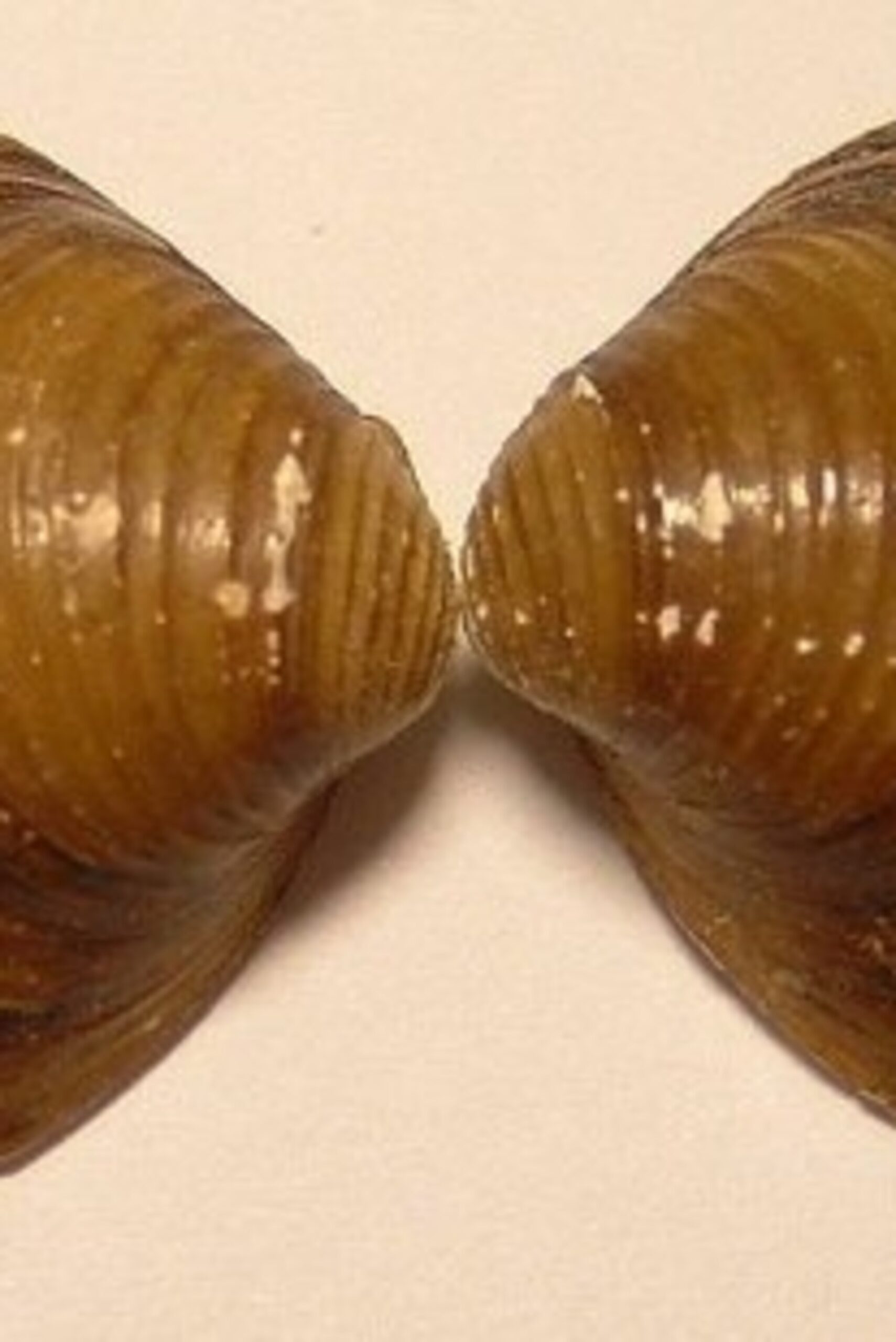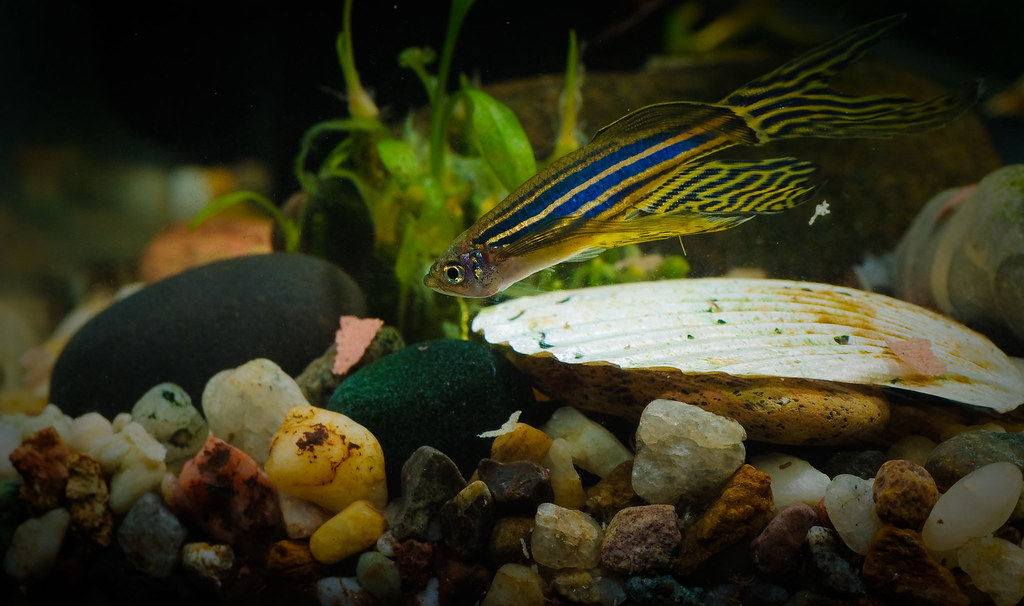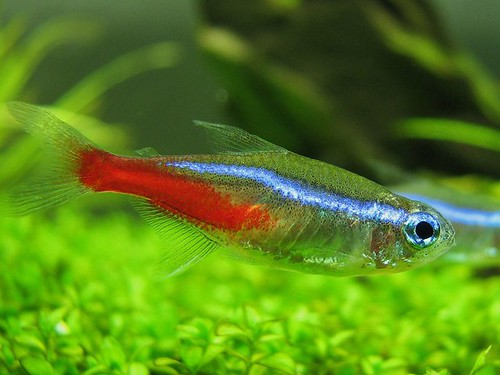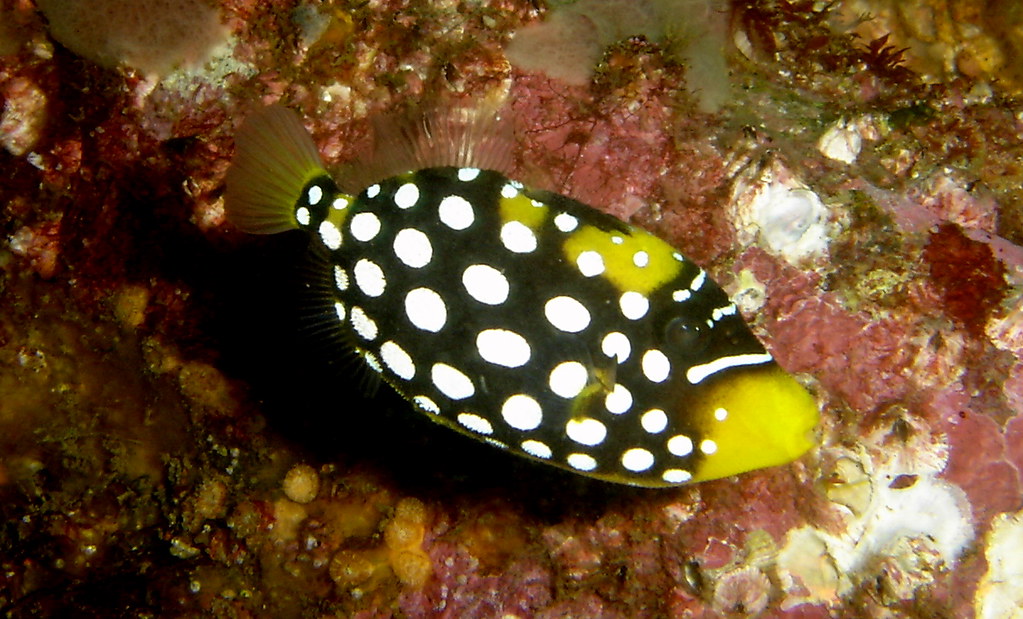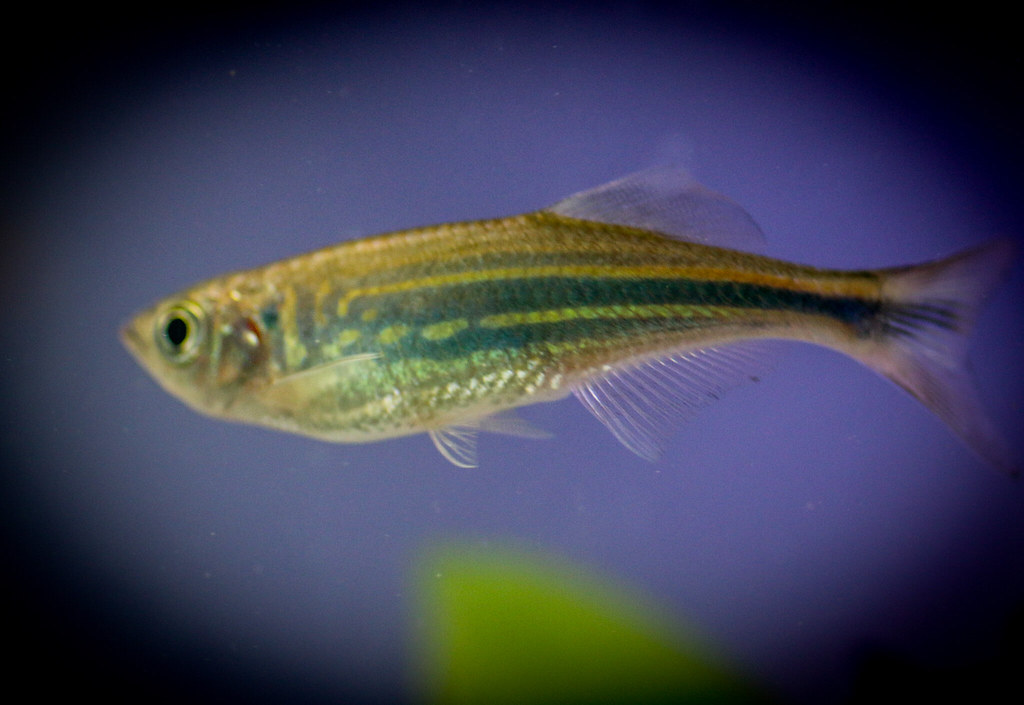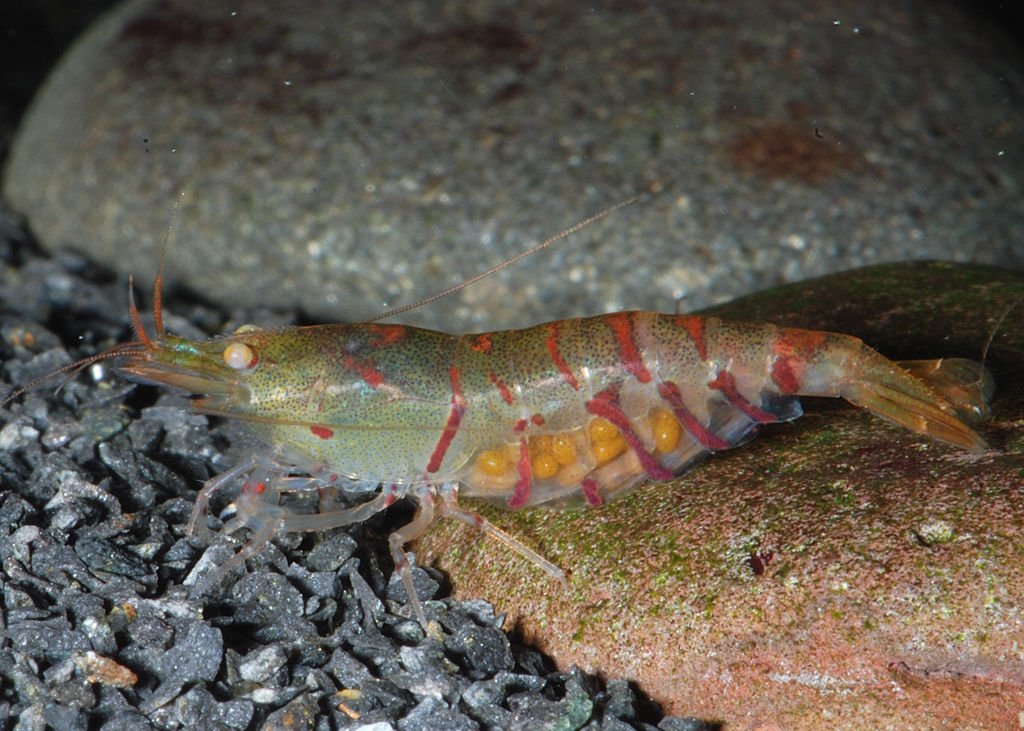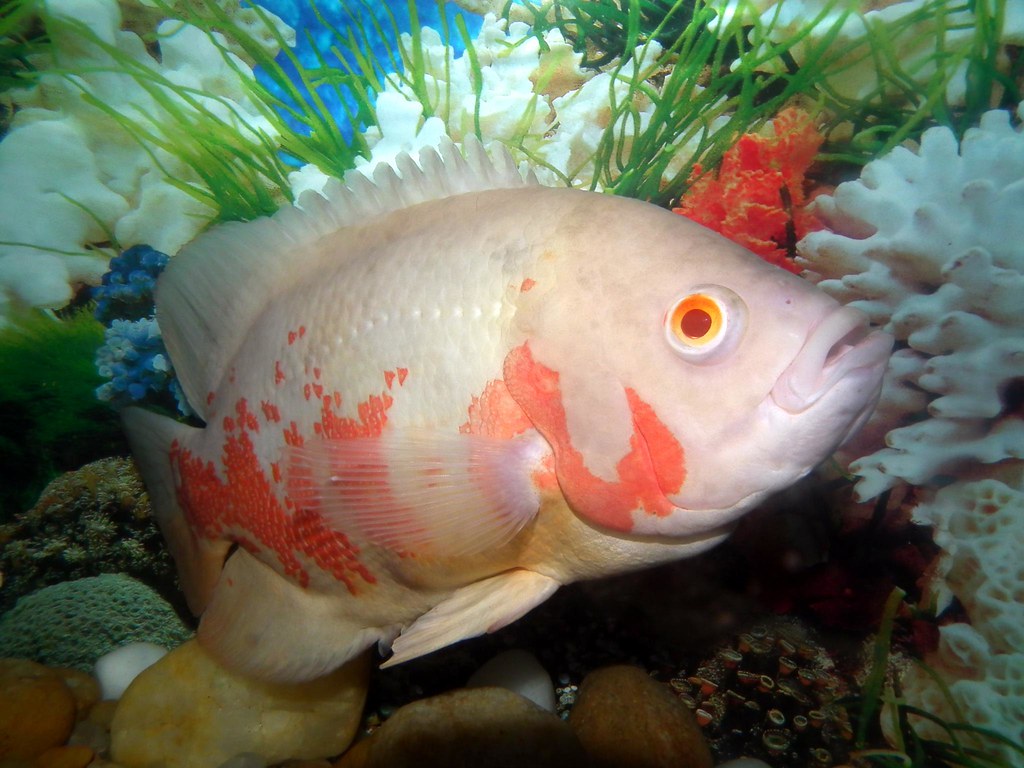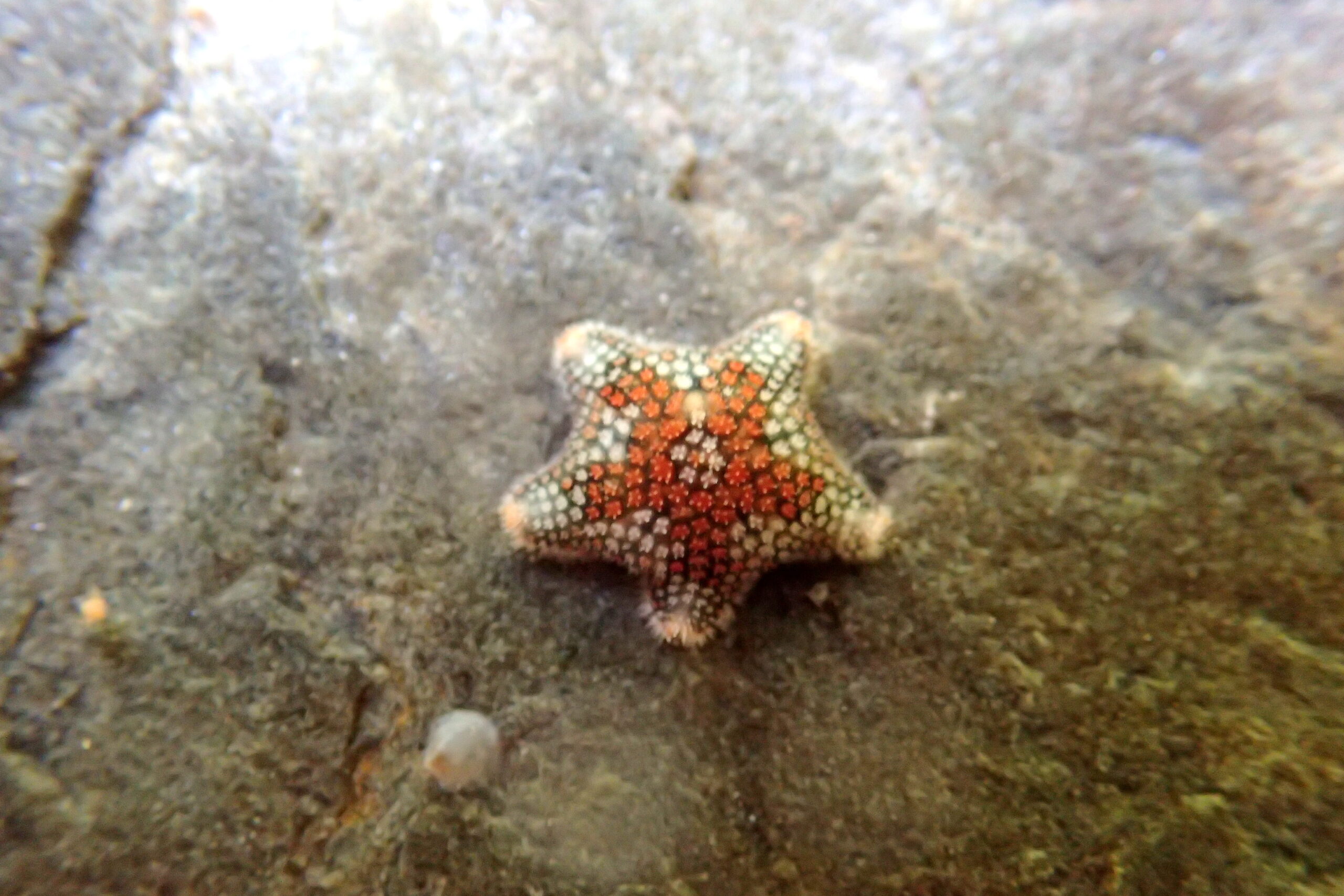What Snails Can Live With Goldfish? Did you know over 90% of goldfish owners think about adding snails to their tanks? This shows how many people want to create diverse underwater worlds. As someone who loves aquariums, I’m here to help you learn about snails and goldfish living together.
In this guide, we’ll look at which snails can live with goldfish and the best ones for their tanks. I’ll share tips on making a peaceful place for these different creatures. Whether you’re new to aquariums or have been doing it for years, you’ll find useful info here.
We’ll talk about great snail friends for your goldfish, like mystery snails and Japanese trapdoor snails. I’ll also give you important advice on keeping the tank right, feeding, and stopping snail numbers from getting too high. By the time you finish reading, you’ll know how to make a happy home for your goldfish and snails.
Table of Contents
Key Takeaways
- Mystery snails and Japanese trapdoor snails are excellent goldfish tank mates
- A 40-gallon tank is the minimum size for housing goldfish and snails together
- Ideal water temperature for both species ranges from 66-73°F (19-23°C)
- Regular water changes are key for a healthy environment
- Proper feeding practices prevent competition between goldfish and snails
- Monitoring snail populations is essential to prevent overpopulation
Understanding Goldfish and Snail Compatibility
Goldfish and snails can live together well, but it’s important to know their relationship. Goldfish are natural predators and might eat small snails. This is because they have an instinct to hunt for food in the wild.
Natural Behavior of Goldfish Towards Snails
Goldfish are always looking for food. They might try to eat snails that fit in their mouths. But, bigger snails like Mystery Snails or Japanese Trapdoor Snails are usually safe because of their size.
Benefits of Adding Snails to Goldfish Tanks
Snails are great for goldfish tanks. They eat algae, leftover food, and dead plants. Snails also help to aerate the substrate and grow good bacteria, making the tank healthier for goldfish.
Important Tank Parameters for Both Species
To keep both goldfish and snails happy, follow these tank parameters:
| Parameter | Goldfish | Snails |
|---|---|---|
| Temperature | 68-74°F | 65-82°F |
| pH | 7.0-8.4 | 7.0-8.0 |
| Water Hardness | 5-19 dGH | 8-12 dGH |
| Tank Size | 20+ gallons | 2.5+ gallons per snail |
By taking good care of them and keeping these conditions, you can make a peaceful home for goldfish and snails. A well-fed goldfish is less likely to see snails as food, helping to keep your aquarium balanced.
What Snails Can Live With Goldfish
Choosing the right snails for your goldfish aquarium is key. I’ve found several snail species that are safe and can live well with goldfish. Each has its own special traits and benefits.
Mystery Snails
Mystery Snails (Pomacea bridgesii) are great friends for goldfish. They can grow up to 2-3 inches and live for 1-3 years. These snails are active cleaners, eating algae and leftover food to keep the tank clean.
Japanese Trapdoor Snails
Japanese Trapdoor Snails are tough and can live up to 5 years. They like a pH of 6.5 to 8, which is good for goldfish. These snails are good at cleaning the tank and don’t breed too much, avoiding overcrowding.
Nerite Snails
Nerite Snails are loved for their cool shell patterns and eating algae. They can grow up to 1 inch, which is safe for goldfish. A plus is they can’t reproduce in freshwater, so no worries about too many snails.
Sulawesi Snails
Sulawesi Snails can grow 3 to 5 inches long, which is too big for goldfish to eat. They’re great at eating algae and can breed in freshwater. But, they only have a few babies every 4 to 6 weeks.
| Snail Species | Size (inches) | Lifespan (years) | pH Preference |
|---|---|---|---|
| Mystery Snails | 2-3 | 1-3 | 7.0-8.0 |
| Japanese Trapdoor Snails | Up to 2 | 1-5 | 6.5-8.0 |
| Nerite Snails | Up to 1 | 1-2 | 6.5-8.5 |
| Sulawesi Snails | 3-5 | 1-3 | 7.0-8.5 |
These snail species are safe for goldfish and can really help your aquarium. They keep the tank clean, add beauty, and make a better home for your goldfish.
Setting Up the Perfect Tank Environment
Creating a great home for goldfish and snails takes planning. Start with a 28-gallon tank for one goldfish. Add 10 gallons for each more adult. This space helps goldfish grow up to 6 inches or more, depending on the breed.
When setting up your tank, consider these key factors:
- Temperature: Maintain 65-75°F for optimal goldfish health
- pH: Keep between 6.5-7.5
- Water hardness (KH): Aim for 4-20
- Filtration: Essential for removing ammonia and nitrite
- Lighting: LED lights enhance goldfish coloration
For the best snail companions for goldfish, choose species like Mystery Snails or Nerite Snails. Mystery Snails grow to about 2 inches and need 5-10 gallons. Nerite Snails are smaller at 0.5-1 inch and thrive in 20-gallon tanks.
Remember, a proper setup is key for longevity. Goldfish in good environments live longer than those in bad ones. By following these guidelines, you’ll create a thriving goldfish and snail tank community that’s both beautiful and sustainable.
Maintaining Proper Water Parameters
Keeping the right water conditions is key for what snails can live with goldfish. Both need specific parameters to thrive in your tank.
Ideal Temperature Range
Goldfish and snails prefer cooler waters. The ideal range is between 68-74°F (20-23°C). This keeps them happy and healthy.
pH Balance Requirements
Goldfish and most snails do well in slightly alkaline water. Aim for a pH between 7.0 and 8.0. This supports snail shell growth and keeps goldfish comfortable.
Water Hardness Considerations
Water hardness is important for both goldfish and snails. Goldfish like a general hardness (GH) of 100-300 ppm. Snails need higher GH levels, above 140 ppm, for strong shells. Keep carbonate hardness (KH) between 70-140 ppm to maintain stable pH levels.
| Parameter | Goldfish | Snails |
|---|---|---|
| Temperature | 68-74°F (20-23°C) | 68-74°F (20-23°C) |
| pH | 7.0-8.0 | 7.0-8.0 |
| GH | 100-300 ppm | >140 ppm |
| KH | 70-140 ppm | 70-140 ppm |
Regular water testing is key to keep these parameters stable. I test my tank’s conditions weekly. This ensures a stable environment for my goldfish and snail friends.
Feeding and Care Guidelines
Feeding your snails and goldfish right is key. I’ll give you tips to keep them healthy and happy.
Snail Dietary Requirements
Snails clean up algae and dead plants. I also give them algae wafers or blanched veggies like zucchini. This makes sure they get all the nutrients they need.
Goldfish Feeding Schedule
Goldfish love to eat. I feed mine small portions twice a day. Their diet includes:
- High-quality flakes or pellets
- Frozen foods like bloodworms
- Veggies such as peas or spinach
Goldfish only need what they can eat in about two minutes per feeding.
Preventing Food Competition
To stop snails and goldfish from fighting over food, I use these tips:
- Place snail food in a separate feeding dish
- Add veggies after lights out for night-grazing snails
- Ensure ample algae growth for snails to graze on
By following these guidelines, you’ll keep a peaceful tank with well-fed snails and goldfish.
Tank Size and Space Requirements

Adding snails to a goldfish aquarium needs a lot of space. Fancy goldfish need a tank of at least 120cm x 50cm x 50cm. Common goldfish require a tank of 200cm x 60cm x 60cm. This size is key for their health and growth.
Fancy goldfish can grow up to 30cm long and weigh about 0.5kg. Common goldfish can grow the same length but weigh almost 1kg. Think about their size when picking a tank. A bigger tank also keeps the water clean, as bigger fish make more waste.
For snails safe with goldfish, like Mystery or Nerite snails, add more space. Add 15 gallons for each extra fish or snail group. This space lets snails eat without feeling crowded.
| Fish Type | Minimum Tank Size | Adult Size | Lifespan |
|---|---|---|---|
| Fancy Goldfish | 120cm x 50cm x 50cm | 30cm length/height | 10-15 years |
| Common Goldfish | 200cm x 60cm x 60cm | 30cm+ length | 25+ years |
A bigger tank means better oxygen for your fish and snails. Giving them enough space makes a happy home for your aquatic friends.
Preventing Snail Population Explosions
Keeping the right balance in a goldfish and snail tank is key. Snails can be wonderful friends for goldfish, but some breed fast. I’ll share tips on managing snail numbers to keep your tank healthy.
Breeding Control Methods
Choose snail species that don’t breed as much for your tank. Nerite snails, great for goldfish tanks, can’t breed in freshwater. But, bladder snails, under 1 inch, can quickly become pests if not controlled.
Managing Egg Deposits
Removing eggs regularly is vital to stop snail numbers from getting out of hand. Mystery snails lay eggs above the water, easy to spot and remove. For underwater eggs, regular tank cleaning helps keep snail numbers down.
Population Monitoring Tips
Watch snail numbers by counting them often. A sudden increase often means too much food. Cut back on food and clean the gravel more often. Assassin snails, about 1 inch, can naturally control pest snails in your tank.
By using these strategies, you can enjoy a diverse goldfish and snail community without snail overpopulation worries. A clean tank with little uneaten food is your best defense against snail booms.
Common Challenges and Solutions
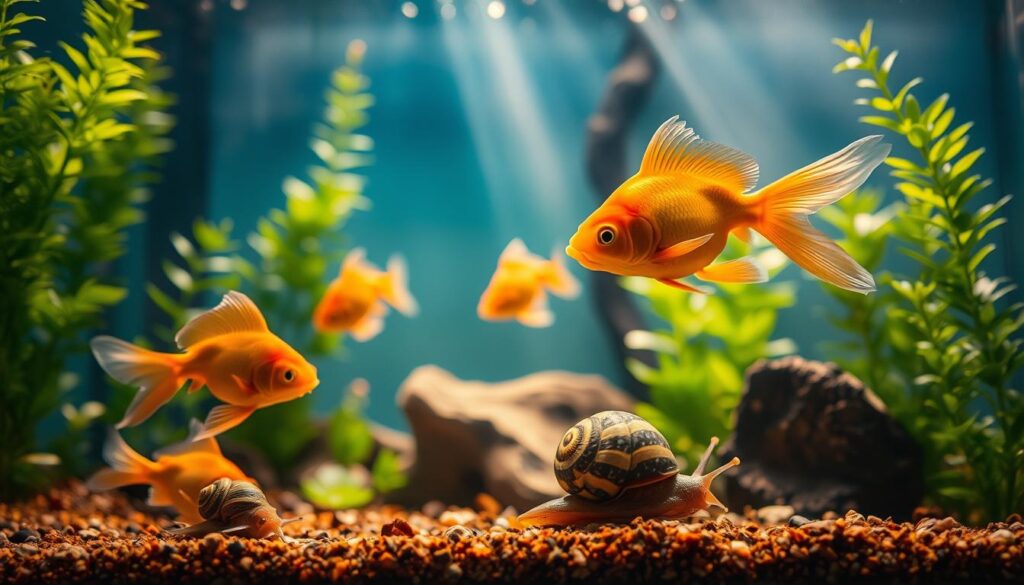
Keeping goldfish and snails together can be tricky. Knowing what snails can live with goldfish is key. Let’s explore some common issues and how to solve them.
Protecting Small Snails
Goldfish might eat smaller snails. To prevent this, I choose larger snail species. Mystery snails or nerite snails grow up to 1.5 inches, making them less likely to become fish food.
Managing Aggressive Behavior
Sometimes, goldfish can get nippy. I’ve learned that proper feeding helps reduce this behavior. Providing hiding spots for snails, like plants or decorations, also helps keep the peace in the tank.
Health Monitoring
Keeping both species healthy is key. I watch for signs of stress or illness in my goldfish and snails. Snails hanging out of their shells or emitting a bad smell are red flags. For goldfish, I look out for changes in behavior or appearance.
| Species | Size | Breeding Rate | Special Needs |
|---|---|---|---|
| Mystery Snails | 2-2.5 inches | Moderate | Easy to control population |
| Nerite Snails | 0.5-1.5 inches | Low in freshwater | High salt tolerance |
| Goldfish | Up to 12 inches | N/A | Prefers 68-74°F water |
By understanding these challenges and implementing solutions, I’ve created a thriving environment. Goldfish and snails coexist peacefully.
Conclusion
I’ve looked into the world of snails and goldfish living together in an aquarium. Mystery Snails are great for goldfish tanks because they’re small and live a long time. They eat algae, which helps keep the tank clean.
Choosing the right tank mates for goldfish is key. Mystery Snails need a pH of 7.6 to 8.4 and temperatures between 68°F and 84°F. Regular water changes also help keep the tank healthy for both snails and fish.
To make sure snails and goldfish get along, think about the tank size and the type of goldfish. Fancy goldfish are safer for snails because they’re slower and have poor eyesight. By following these tips, you can create a vibrant and interesting aquarium for your home.
FAQ
What are the best snail species to keep with goldfish?
How do I prevent goldfish from eating small snails?
What size tank do I need for goldfish and snails?
How often should I feed snails in a goldfish tank?
What water parameters are ideal for both goldfish and snails?
How can I prevent snail overpopulation in my goldfish tank?
Are there any plants that benefit both goldfish and snails?
How do I introduce snails to my goldfish tank safely?
Can goldfish and snails share the same food?
How do I know if my goldfish and snails are compatible?
References
| Source Name | URL |
|---|---|
| Pomacea bridgesii – Wikipedia | https://en.wikipedia.org/wiki/Pomacea_bridgesii |
| Pomacea diffusa – Wikipedia | https://en.wikipedia.org/wiki/Pomacea_diffusa |
| Viviparidae – Wikipedia | https://en.wikipedia.org/wiki/Viviparidae |
| Viviparus georgianus – Wikipedia | https://en.wikipedia.org/wiki/Viviparus_georgianus |
I am a passionate aquarist with over 30 years of hands-on experience in fishkeeping. My journey began at a young age, collecting fish from the wild and learning through experimentation. Specializing in tropical fish, I bring a deep understanding of the hobby to FishKeepingMadeSimple. The site provides honest, detailed reviews of essential products and accessories to help fellow enthusiasts create the best environments for their fish.

